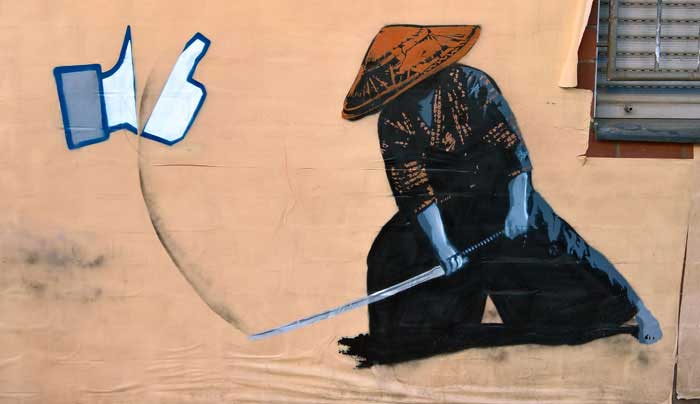Germany has taken a stand in placing responsibility on Facebook for the face news that appear on the platform. The authority also threatened to take measures if the platform doesn't curb the spread of face news through social media.
Several countries have already urge Facebook to address the issue, but it was the German Justice Minister Heiko Maas the one that took a step further. The minister put forward the suggestion that Facebook be treated like a media company and be held criminally liable for failing to remove hate speech.
German Chancellor Angela Merkel supported Maas, warning of the power of fake news and of the possibility of the public opinion being manipulated on the internet.
Today we have face sites, bolts, trolls - things that regenerate themselves, reinforcing opinions with certain algorithms and we have to learn to deal with them, claimed Merkel.
Given that Germany has a strong influence within the European Union, the country's decision to make Facebook responsible for what is published in its platform might result in other European states pressing Facebook as well.
We believe Facebook, and all social media companies on which news is shared and consumed, should shoulder the same responsibility as traditional media companies, one member of the European Parliament, the EU's legislative body, told BuzzFeed.
Companies like Facebook do not get to wipe their hands of responsibility by saying we are an internet company, or we do not control what users share, the MEP added.
The MEP also confirmed that leaders within the German government agreed that companies like Google, Twitter and Facebook should take responsibility for the content published on their platforms.
Maas has said that depending on how long it takes to remove racists and xenophobic posts reported to Facebook, the EU should take action to change the guidelines which classify Facebook an other social media platforms as tech companies and thus not accountable for content on their platform. The initiative might also press Facebook and other social media companies to be more open about the number of posts deleted and the reasons for their removal as well as imposing fines when said companies refuse to delete posts considered hate speech.
Fake news, in many cases, is a type of hate speech. We see fake items, written as articles claiming that refugees are robbing houses and attacking women. It those articles lead to someone attaching a refugee, are they not an act of hate speech? asked the MEP.
The spread of fake news on Facebook has made authentic headlines in Indonesia - where face news affected the presidential election-, in Brazil, and in the USA. Facebook has argued that its nature as a technology company instead of a media company, so it shouldn't be liable for the contents held on its platform. It also alleged that fake news makes up only a small percent of its daily shared content.
Despite Facebook CEO Mark Zuckerberg's initial attitude regarding fake news, the company has recently released a number of statements where it commits to taking the issue more seriously.

